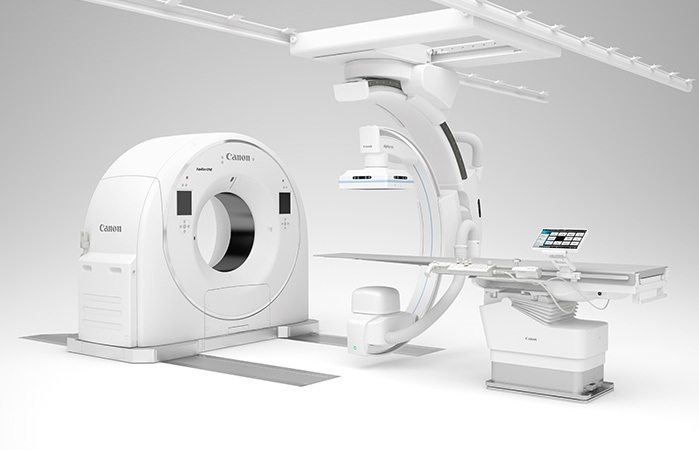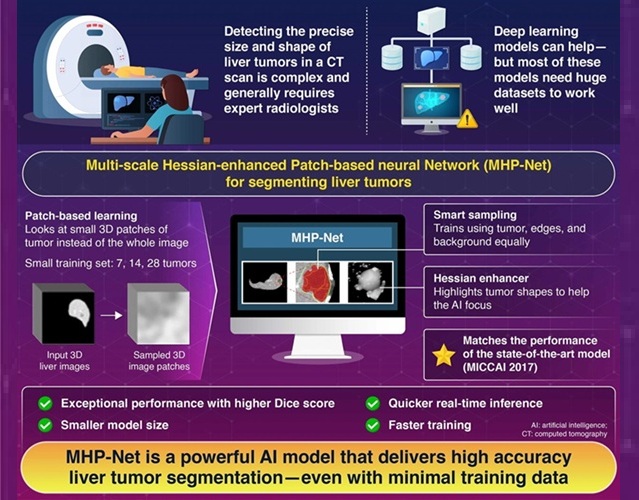AI Algorithm Accurately Predicts Pancreatic Cancer Metastasis Using Routine CT Images
Posted on 22 Sep 2025
In pancreatic cancer, detecting whether the disease has spread to other organs is critical for determining whether surgery is appropriate. If metastasis is present, surgery is not recommended, yet current diagnostic methods often miss these cases. As a result, many patients undergo unnecessary and invasive operations that fail to improve outcomes and may worsen their condition. Now, researchers have developed an artificial intelligence (AI) system capable of predicting metastasis using standard medical images.
Researchers at the Centro Nacional de Investigaciones Oncológicas (CNIO, Madrid, Spain) led an international collaboration to create the Pancreatic Cancer Metastasis Prediction Deep-learning (PMPD) algorithm. This AI model was trained on CT scan images and clinical data to identify patterns not easily visible to the human eye. By analyzing the primary tumor, the algorithm determines both the current presence of metastasis and the likelihood that it will appear in the coming months. The system is designed to support surgeons, radiologists, and oncologists by providing a reliable second opinion.

The PMPD algorithm was tested with data from about 250 patients enrolled in the Dutch clinical trial PREOPANC1, which focused on first-line treatment for pancreatic cancer. The results, published in the journal Gut, showed the algorithm achieved a high success rate in detecting metastasis. It correctly classified 56% of metastases overall and predicted 65.8% of cases that were only identified during surgery, meaning many patients could have avoided invasive operations.
The algorithm performed consistently regardless of the location or size of the tumor and was not influenced by patient age or gender. Its predictive ability extends beyond current diagnosis, helping forecast disease progression to guide treatment planning. These findings highlight its potential to reduce unnecessary surgeries, improve patient quality of life, and enable more personalized care strategies. The next step is real-time validation in hospitals across Spain, the Netherlands, and additional international centers.
“If a person with pancreatic cancer already has metastasis, operating will not cure this, and it can even make their situation worse. Surgery is very invasive and can cause the patient to suffer more, without improving their prognosis,” said Núria Malats, lead author of the study. “That’s why it is essential to know beforehand if there is metastasis when deciding about a surgery. Our algorithm accurately predicts the presence of metastasis using images that are already routinely obtained.”
Related Links:
CNIO














